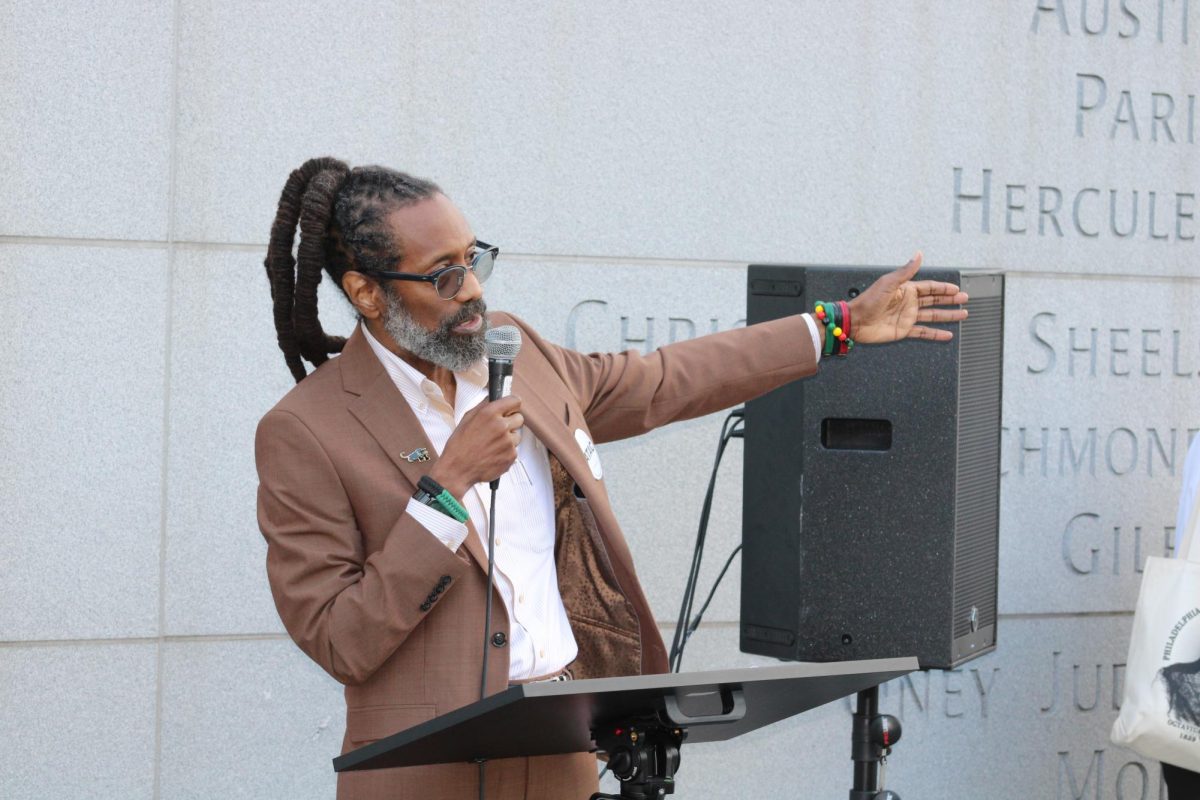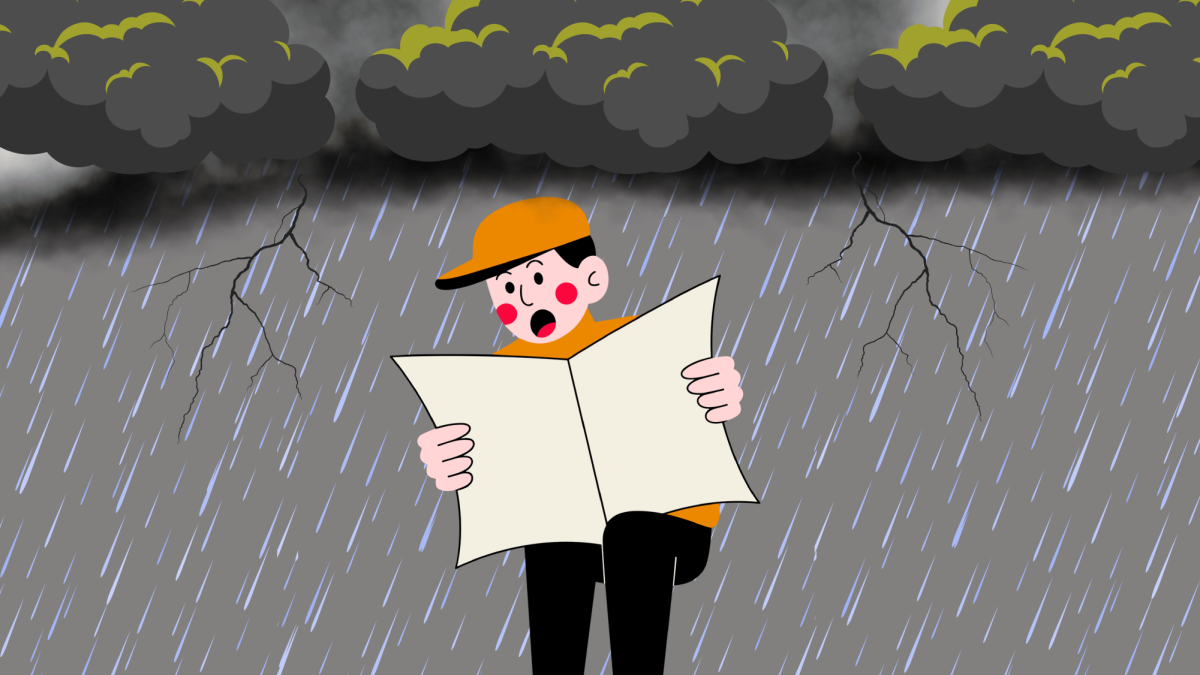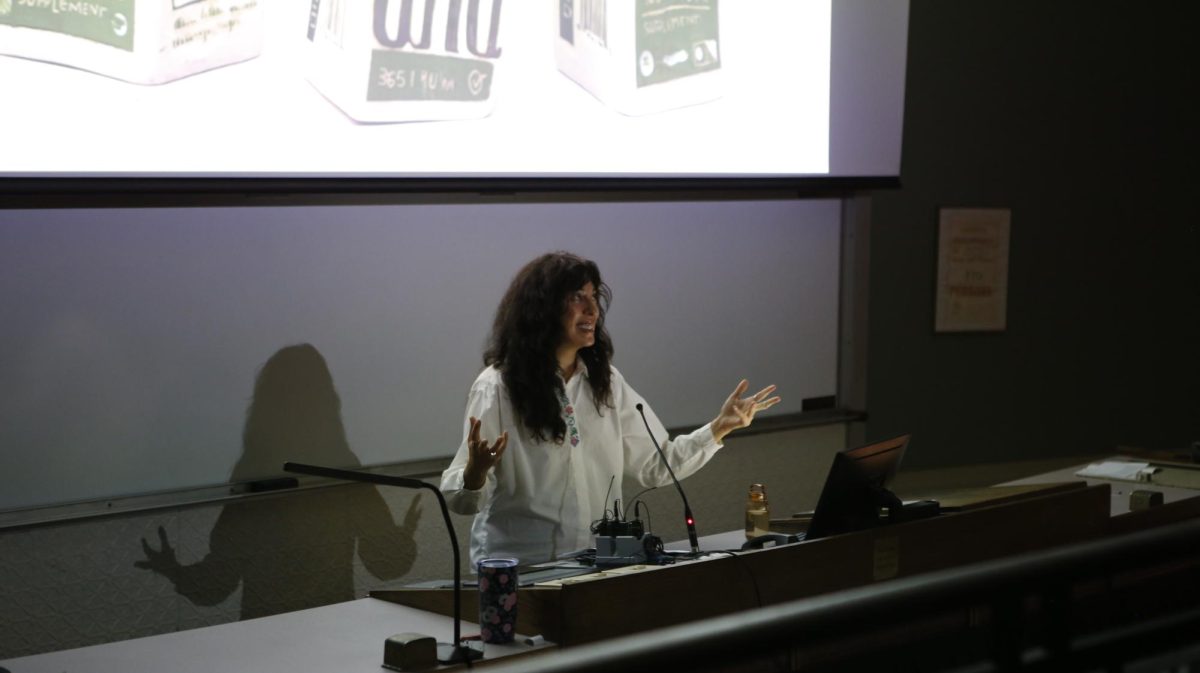At just 15 years old, Owen Cooper made history as the youngest-ever male Emmy Award winner, taking home the prize for Outstanding Supporting Actor in a Limited or Anthology Series or Movie for his role in the Netflix drama, “Adolescence.”
The four-part mini-series highlights Cooper’s remarkable talent and skills, with each episode filmed in one continuous take. The series swept the 2025 Emmys, winning a total of eight of its 13 nominations.
Cooper shared in his acceptance speech that “if you listen and you focus and you step out of your comfort zone, you can achieve anything in life.”
With his first role already earning him an Emmy, Cooper’s acting career looks like it has a long, successful road ahead.
“Adolescence”
Released in March, “Adolescence” is about a 13-year-old boy named Jamie Miller (Owen Cooper) who has been accused of stabbing his classmate, Katie (Emilia Holliday), to death. The series explores the chaos Jamie and his family are navigating. For Jamie, the chaos is not just from the accusation itself but also the isolation he feels from his community, scared to tell the truth behind it all. Meanwhile, Jamie’s family confronts judgment from their community and faces the chance of losing their son to the legal system.
The series’ exploration of misogyny and toxic masculinity reveals how pressing these issues are for younger generations of men. The series dives into how online pressure and social expectations, such as the expectation for boys to be tough and unemotional, can lead to violence.
Impact on youth
Creators Stephen Graham and Jack Thorne wanted to send a strong message to those watching and spark meaningful conversations. Graham said he wished to bring up the influence of social media on young male rage, and Thorne said he wanted the series to be shown in schools and to Parliament.
Thorne stressed that he believed young male rage was getting worse and that these issues need to be addressed. He also expressed how, in order to understand the actions of Jamie, it is necessary to understand the pressures that led him to do what he did.
Both Graham and Thorne strongly expressed that this story is ultimately “about parents that didn’t see him, a school system that let him down and the ideas that he consumed.”












































